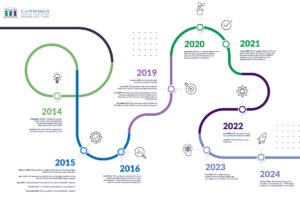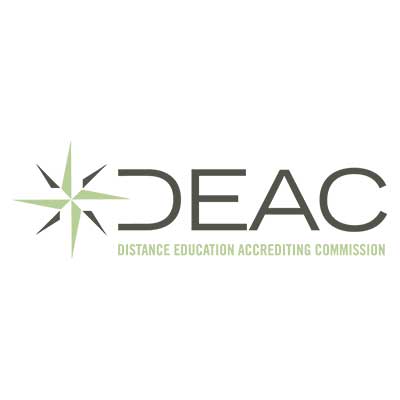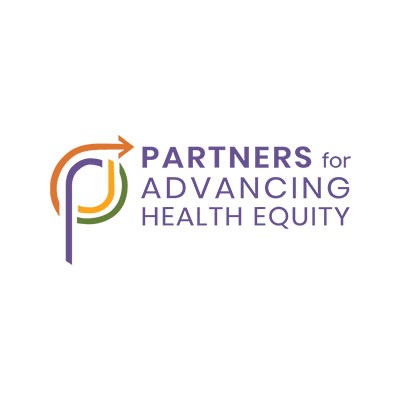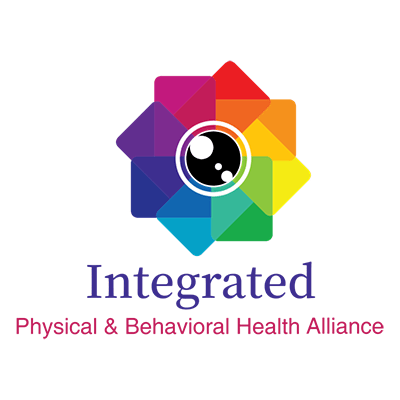Non-Degree Certificate Programs FAQ
Frequently Asked Questions
When can I start the IBH or TIC certificate program?
The Integrated Behavioral Healthcare (IBH) and Trauma Informed Care certificate programs are offered as stackable credentials exclusively to students currently enrolled in the Doctor of Behavioral Health (DBH) degree program at Cummings Graduate Institute for Behavioral Health Studies.
Currently enrolled DBH students should notify their academic advisor if they wish to enroll in one or more certificate programs. Future DBH students should indicate in their admissions application that they wish to pursue certificate programs and indicate which programs they wish to complete.
Certificate courses will be built into a student's program of study based on course availability, credits needed for DBH degree completion, and pace.
How many hours per week are spent in class?
Our students estimate that one (1) three (3) credit course requires an average of twelve (12) hours of reading, studying, and writing per week. If you work full-time (as the majority of our students do) it is advised that you take a maximum of 2 courses per term.
Example:
A student enrolled in two (2) three (3) credit courses equals a total of six (6) credit hours, which averages a total of 24 hours of reading, studying, and writing per week.
What is the faculty and student ratio?
The current faculty to student ratio at CGI is 1:15. This favorable ratio ensures that faculty are available to give each student the support they need to succeed within each course.
What is the minimum number of courses students are required to take per term?
Full-Time Enrollment (FTE) is 3 semester credit hours or more per term. Part-Time Enrollment (PTE) is 2 semester credit hours or less and no fewer than 1 semester credit hour, per term.
Do I have to pay the full program tuition at the start of the certificate program?
No, Cummings Graduate Institute works hard to make tuition affordable and accessible for our students. Cummings Graduate Institute has developed several payment programs to accommodate all budget types. The Cummings Graduate Institute Tuition Payment Programs are zero-interest monthly payments.
Can I enroll in more than one certificate program at the same time?
CGI refers to this concurrent enrollment. Concurrent programs are defined as two or more academic programs that may be pursued at the Cummings Graduate Institute for Behavioral Health Studies (CGI) by a student resulting in completion of the requirements for two or more degree-seeking and or non-degree seeking programs. Enrollment in concurrent programs is regulated by CGI. Overlap of credits allowed (i.e., where credit hours can count towards more than one program) is governed by the Concurrent Program Enrollment Policy.
Visit the Concurrent Program Enrollment Policy to verify the requirements and steps for pursuing concurrent program enrollment at CGI as a prospective student, currently enrolled student, alumni, or withdrawn student. Concurrent enrollment questions can be directed to the Admissions office at admissions@cgi.edu.
Can I enroll in a certificate program if I am not enrolled in the DBH program?
The Integrated Behavioral Healthcare (IBH) and Trauma Informed Care certificate programs are offered as stackable credentials exclusively to students currently enrolled in the Doctor of Behavioral Health (DBH) degree program at Cummings Graduate Institute for Behavioral Health Studies. Students not enrolled in the DBH program are not eligible to enroll in the IBH nor TIC certificate programs.
Have questions not answered here? Schedule a quick call to have your questions answered.




























